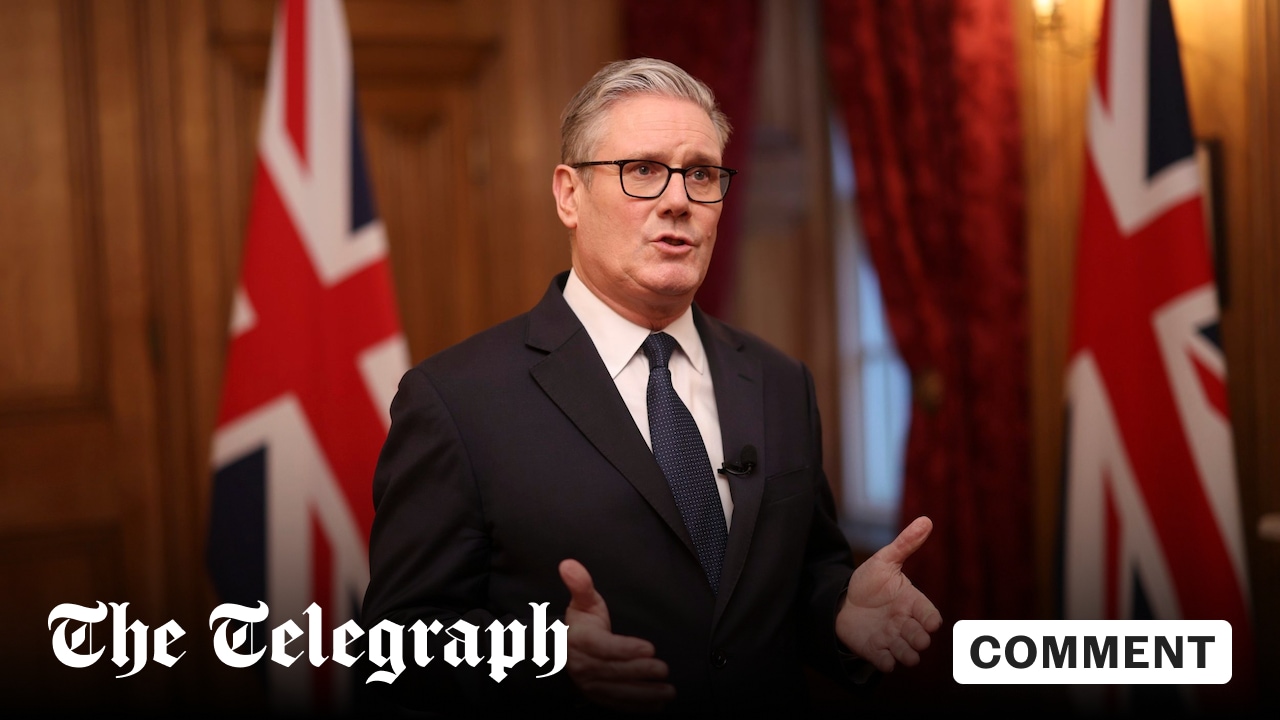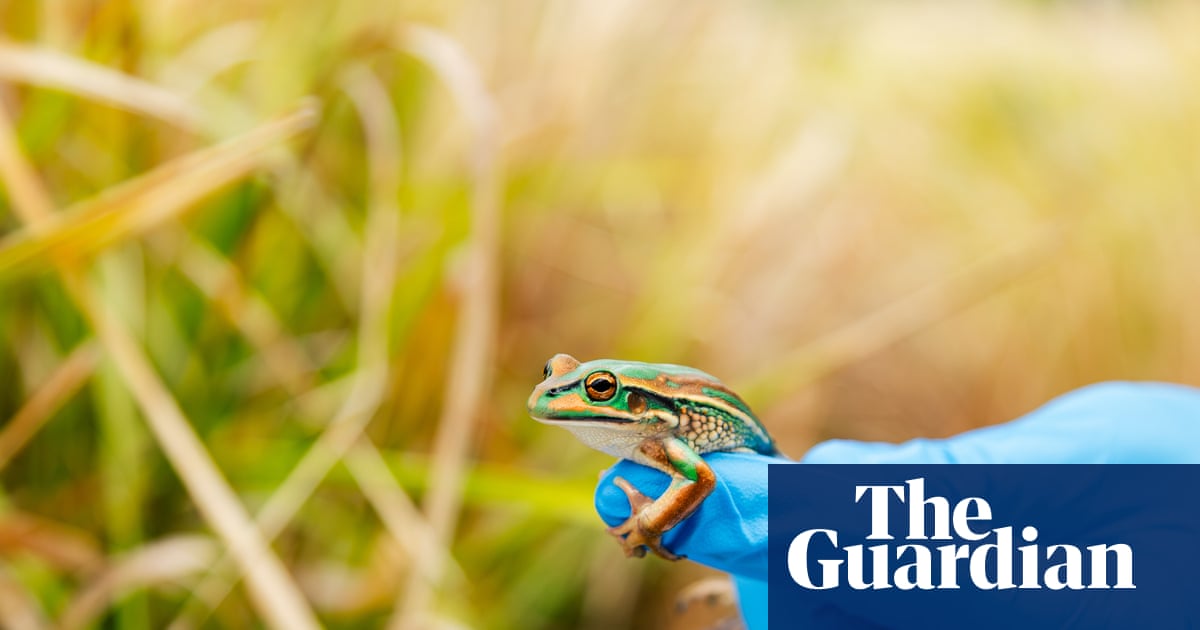
The Australian federal government has decisively ruled out granting big technology companies an exemption that would have allowed them to train artificial intelligence (AI) models on copyrighted material without facing legal repercussions. This decision comes amidst calls from AI advocates who have been urging the government to establish a specific copyright exception, enabling companies to utilize Australian creative works for training large language models, such as those powering ChatGPT.
Earlier this year, the Productivity Commission initiated an inquiry into potential legal amendments that could harness the full potential of emerging technologies. The commission’s findings suggest that AI could contribute an additional $116 billion to the Australian economy over the next decade, provided it is not hindered by restrictive laws.
AI and Copyright: A Balancing Act
Productivity Commissioner Stephen King emphasized the dual nature of AI, acknowledging its risks while advocating for the refinement of existing rules to mitigate these risks. “Like any new technology, AI comes with risks. But we can address many of these risks by refining and amending the rules and frameworks we already have in place,” King remarked in August.
The commission’s interim report sparked debate over the possibility of introducing a “fair dealing” copyright exception for text and data mining. The report highlighted similar exceptions in regions such as the European Union, the United States, the United Kingdom, Japan, and Singapore, suggesting that an Australian version could extend beyond AI model training to include techniques used by non-AI researchers for large dataset analysis.
“It should also be noted that a TDM exception would not be a ‘blank cheque’ for all copyrighted materials to be used as inputs into all AI models,” the commission stated. “The use must also be considered ‘fair’ in the circumstances – this requirement would act as a check on copyrighted works being used unfairly, preserving the integrity of the copyright holder’s legal and commercial interests in the work.”
Government’s Firm Stance
Despite the ongoing discussions, the Labor government has firmly decided against any exception. Attorney-General Michelle Rowland emphasized the importance of ensuring that Australian creatives benefit from AI advancements. “Artificial Intelligence presents significant opportunities for Australia and our economy; however, it’s important that Australian creatives benefit from these opportunities too,” Rowland stated in a recent announcement.
Rowland further asserted the government’s stance on maintaining strong copyright protections, saying, “Australian creatives are not only world-class, but they are also the lifeblood of Australian culture, and we must ensure the right legal protections are in place. This government has repeatedly said that there are no plans to weaken copyright protections when it comes to AI.”
Opposition Leader Sussan Ley has also voiced her concerns regarding tech companies using Australian data, artists, and media without compensation. “It’s not appropriate for big tech to steal and use it for their own ends without paying for it,” she stated in August.
Looking Ahead: Collaborative Solutions
The government’s copyright and AI reference group is currently convening to explore methods for promoting fair and legal use of copyright material in AI. The group aims to clarify and potentially update existing laws and examine the feasibility of less costly options for lower-value copyright claims.
Rowland highlighted the need for collaboration between the tech industry and the creative sector. “The tech industry and the creative sector must now come together and find sensible and workable solutions to support innovation while ensuring creators are compensated,” she noted. “The government will support these next steps through the renewed focus tasked to the copyright and AI reference group.”
This development follows a global trend where countries are grappling with the balance between fostering technological innovation and protecting intellectual property rights. As Australia moves forward, the outcomes of these discussions could set significant precedents for how AI and copyright coexist in the digital age.







